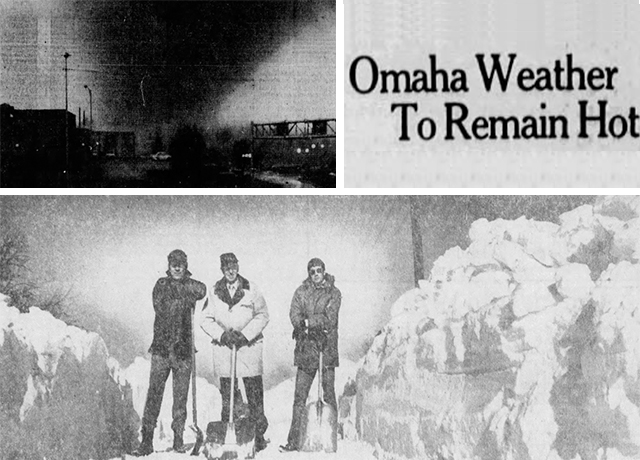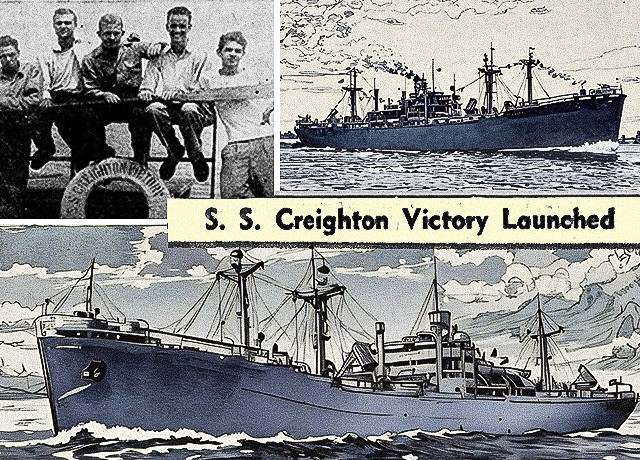Featured Testimonial About Creighton University
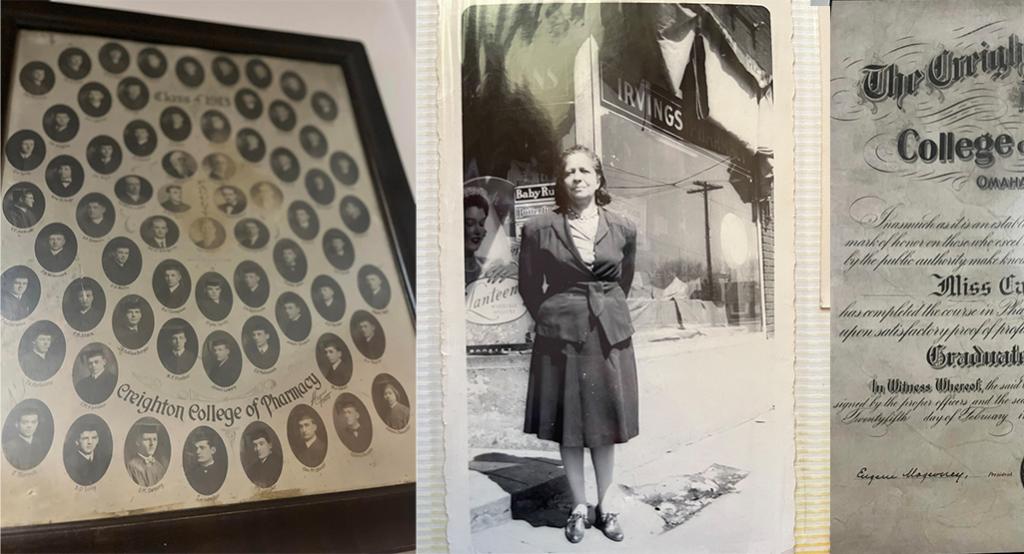
Cassie’s story is a testament to the strength of individuals who defy societal expectations and pave the way for future generations.
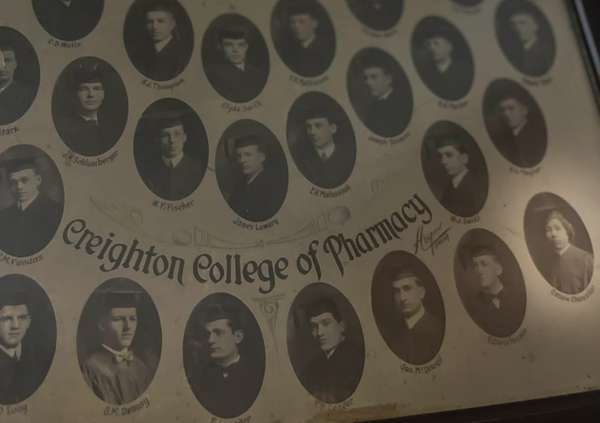
By Micah Mertes
For years, Creighton’s records and histories have named Melba Faucett, BA’43, as the first Black woman to graduate from Creighton University. But thanks to the efforts of another alumna’s family, we recently learned that this milestone took place 30 years earlier.
The first Black woman to graduate from Creighton is now believed to be Cassie Chancellor, who earned her degree from what was then called the College of Pharmacy in 1913. Chancellor was a trailblazer in countless ways, and it is high time we told her story.
Chancellor can be found in our own records, but details are scant. The following account comes from the research of Chancellor’s great-great-niece and great-great-nephew — Kesha Hardin and Quintin Frazier — and their cousin, Shavahnna Hunt. We thank them for correcting our records and celebrating the life of an amazing alumna.
* * *
Cassie Chancellor broke barriers all her life. Born in 1894, she grew up amid the challenges and racial prejudices that all Black Americans faced in the late 19th and early 20th centuries. Her family emphasized the importance of a good education, of its power to open pathways otherwise closed.
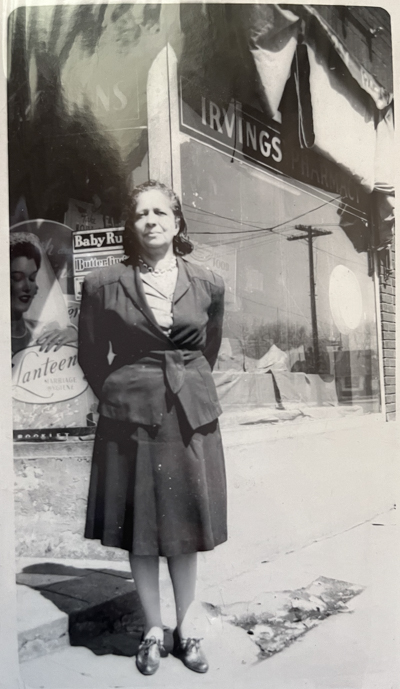
After earning her pharmacy degree from Creighton, Chancellor and her husband — Meharry Pharmaceutical College graduate Titus Irving — opened Irving Pharmacy, originally located on Chicago’s south side. This was more than a business, Chancellor’s family said. “It was a symbol of empowerment for the Black community in a time when segregation and discrimination were so pervasive.”
Soon, Cassie and Titus relocated Irving Pharmacy to Phoenix, Illinois, a village south of Chicago. Theirs was the first Black-owned pharmacy in the village.
“Their commitment to serving their community extended beyond providing medications,” Shavahnna Hunt wrote in an email. “It was about creating a space where individuals of all backgrounds could access healthcare without prejudice.”
From 1930 to 1960, Irving Pharmacy served as a community hub for anyone seeking not just prescriptions but ice cream, soda or friendly conversation. “Irving Pharmacy was a testament,” Hunt wrote, “to the resilience of Black entrepreneurs during an era of profound social change.”
When Chancellor passed away in 1951, she left the pharmacy to her nephew, Martin Sanford, the grandfather of Kesha Hardin and Quentin Frazier. Hardin and Frazier’s father now lives in the home where Irving Pharmacy once operated. In the attic, the family has found a treasure trove of history about the business and the extraordinary Creighton alumna who co-founded it.
“Cassie’s story is a testament to the strength of individuals who defy societal expectations and pave the way for future generations,” Hunt wrote. “She shattered barriers and left an indelible mark on the history of Black entrepreneurship.
“Her legacy lives on and reminds us of the importance of education, resilience and the pursuit of one’s dreams against all odds.”
